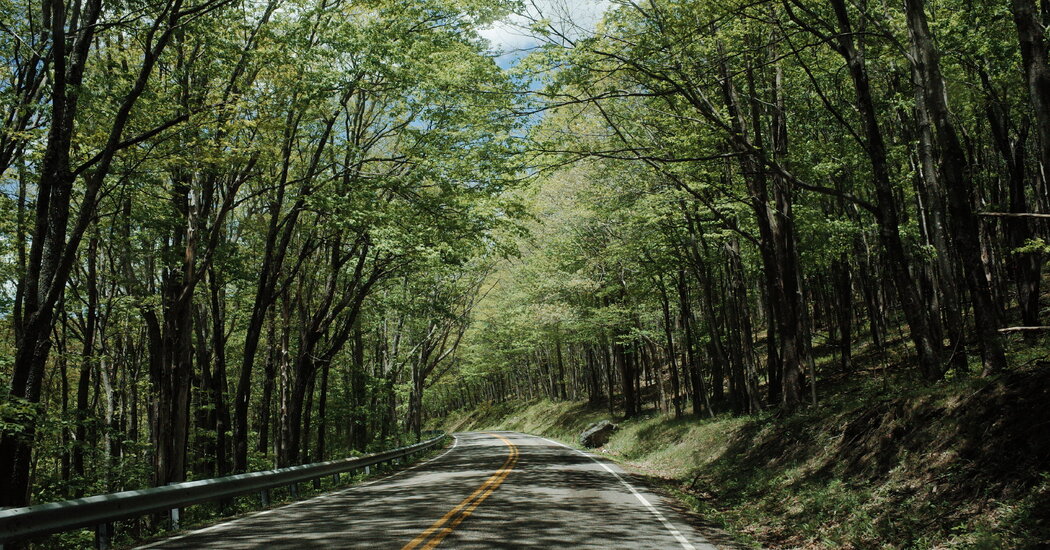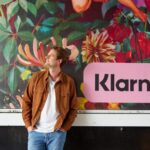
Gas prices have risen nearly every day since our trip began on May 12. According to AAA’s tracker, the national average hit $5 a gallon on Saturday. We had no choice but to adapt to the high prices, and in retrospect I think that was for the best. Instead of hitting museums and cool restaurants and the big cities of the Southeast — inflation made all that stuff too expensive — we leaned into the road itself, letting America reveal itself serendipitously. Since it cost a small fortune to be on the road, why not make it the focus of our trip?
We decided to stick to the business routes — designed to take you through downtowns instead of around them — and back roads, the original “blue highways,” slowly crossing old, low bridges that put us at eye level with marshes, sweet-smelling honeysuckle hedges and local ice cream shops. Taking these less-worn roads meant traveling more slowly than we had planned, but it also meant we got to see rare slices of America. Plus, if you stay under 50 miles per hour, AAA says, you get better gas mileage.
The photos I took don’t show a lot of people, because we didn’t see many. As we drove through small, medium and large cities in nearly all the Mid-Atlantic and Southeastern states, few people seemed to be traveling, for pleasure or for work — though we did see truck drivers, construction workers and a few nurses.
At one hotel in Alcoa, Tenn., south of Knoxville and on the edge of an industrial park, people set up a grill, a dartboard and chairs in the parking lot so they could cook and hang out without having to spend money in a restaurant or bar.
No matter where we drove — through downtown Mobile, Ala., rural Townsend, Tenn., or the strip-mall-dotted suburbs of Atlanta — we usually had the roads to ourselves. I don’t know if it was inflation or gas prices or some lull before the summer travel storm, but things felt sleepy, if not outright desolate. We even got a parking spot right next to a waterfall in Great Smoky Mountains National Park.
We also noticed that gas stations were understaffed, and so were restaurants. “Help wanted” signs were everywhere. A lot of restaurants had done away with indoor seating or cut it back significantly. We also saw lots of “Open” signs on businesses that were closed.
More people showed up at places that were inexpensive and obviously meant for locals, not tourists, like the skate park off the huge BeltLine walking path in Atlanta. In New Orleans, people showed up at a $10 comedy show and a $25 car race at a local speedway. (And the Dollar General, which was everywhere on our trip, had no trouble filling parking lots.)
In New Orleans, we also went to a $10 music show in the back room of the famous Maple Leaf Bar. It’s normally packed, but the crowd that night was so small that the bartender thanked every person individually for coming and urged us to come back again every week.
I drove across the country in late 2020, at the peak of the prevaccine pandemic, and in some ways this trip felt similar. Even fewer people were out and about back then, and everything was extremely cheap compared with now, but on both trips I could kind of sense the struggling. So many of my decisions were forced by things beyond my control, but they each brought me unexpected happiness. You could probably chalk it up to the magic of the open road.




